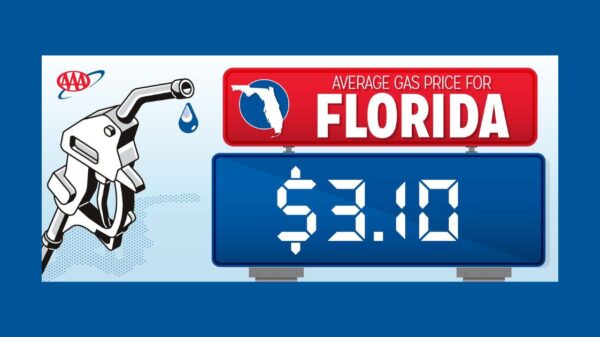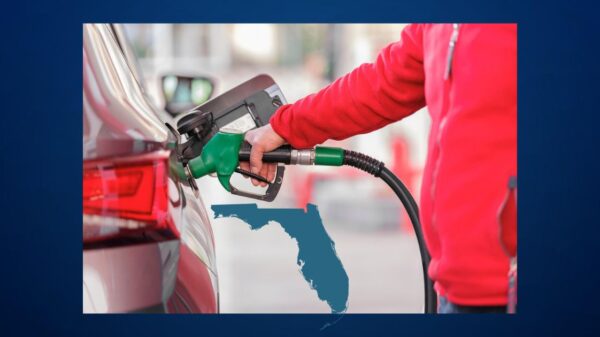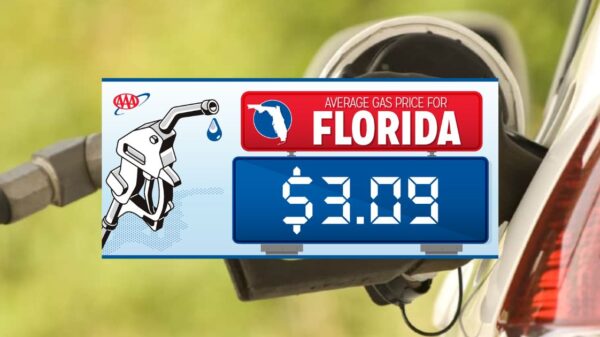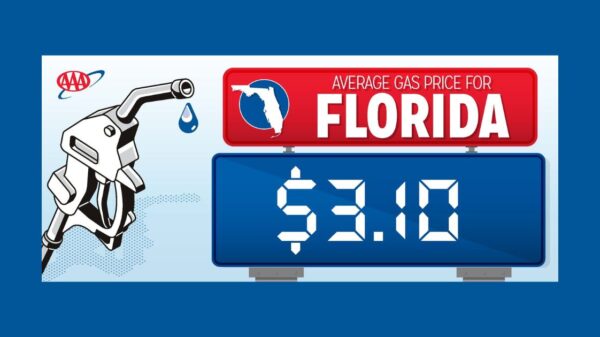With gas prices hitting new records nationwide, policymakers scramble for solutions. In recent weeks the U.S. Senate Judiciary Committee approved the “No Oil Producing and Exporting Cartels Act” or “NOPEC” legislation that would grant the Justice Department the power to sue OPEC over antitrust violations. The theme of the bill, S. 977 sponsored by Iowa’s Senator Chuck Grassley, has been on the table for nearly two decades as a means of hitting oil-producing nations for unduly influencing oil production and jacking up oil prices.
But there’s a reason the Bush, Obama, and Trump administrations showed little interest in past versions of the NOPEC bill: it invites retaliatory legislation by the target countries and could trigger even higher prices here in the U.S.
While NOPEC aims at Middle Eastern oil producers, the OPEC nations that account for more than 40 percent of world oil output, the reality is that antitrust bullets fired by the Justice Department would likely ricochet. Targeting OPEC directly with U.S. legal action would very likely draw retaliation from major oil producers, a consequence that could quickly disrupt global oil markets and cause price surges. Retaliation could take various forms. A cut in oil production is most obvious. Target countries could enact tit-for-tat laws enabling compensatory suits against U.S. firms, or claiming U.S. war crimes in Iraq, Afghanistan, or Iran. As well, allies in Europe and Asia would not be happy if NOPEC was seen as the cause of higher oil prices.
Question marks surrounding NOPEC have led to considerable criticism. Senators John Cornyn and John Kennedy, representing the oil states of Texas and Louisiana, highlighted concerns, arguing that antagonizing OPEC nations could result in lower oil exports to the U.S., sending prices even higher. “If we get engaged in that sort of controversy with these oil-producing countries,” Kennedy said during a recent Senate hearing, “then it will raise the price and we won’t be able to keep the lights on here at home.”
The American Petroleum Institute sent a letter to lawmakers pointing out how Senator Grassley’s bill would have “serious, unintended consequences” for the U.S. oil and gas industry. The association pointed to EIA data noting that since 2010 U.S. crude oil production has more than doubled, yielding an anticipated increase of 800,000 barrels of crude oil production in 2022. This production has helped diminish the influence of OPEC nations, but that progress could be jeopardized if NOPEC legislation creates wild swings in the global oil market.
Ironically, OPEC nations might even hurt the U.S. through overproduction, according to nonpartisan research by ClearView Energy Partners. That’s because a flood of new oil from OPEC could “chill drilling activity in the U.S. oil patch, potentially putting both domestic energy security and domestic economic recovery at risk.”
In fact, the Justice Department can already file suit against OPEC nations under the Sherman Antitrust Act. This was discussed at length in a recent paper from the Baker Institute for Public Policy at Rice University. The paper explained that “OPEC is not Standard Oil” and that the NOPEC bill would go far beyond “garden-variety trust-busting.” The U.S. would enter the dangerous territory of taking targeted legal action against “instrumentalities of powerful sovereign countries for which control over oil production is an existential economic priority and in some cases, underpins the survival of ruling families.” The paper explains that such extraterritorial overreach could, in extreme cases, cause nations to shun dollar-based transactions and the American financial system.
There are other potential consequences. In a letter to Senators Durbin and Grassley of the Senate Judiciary Committee, the U.S. Chamber of Commerce argues that a lawsuit from the Justice Department over alleged oil market tampering could be met with allegations in foreign courts against the United States, its agents and firms, and possibly even our military. Former U.S. Ambassador to the European Union C. Boyden Gray underscored this point in a column, noting that NOPEC would open the door to “a wide range of lawsuits targeting U.S. actions and policies that affect the prices of various commodities” and that even “U.S. military personnel and contractors could be subjected to civil and criminal liability for their conduct abroad on behalf of our government.”
If American policymakers really want to make a difference on gas prices and energy security, they should focus not only on mapping the transition to renewable energy but also on increasing American oil and gas production by eliminating existing hurdles to building pipelines and other infrastructure necessary to solidify the U.S. as the world’s preeminent energy producer.
NOPEC isn’t the path to low gas prices. It’s an imperial overreach sure to trigger a harmful backlash. Lawmakers should follow the lead of past administrations in putting this bad idea back on the shelf.
Gary Clyde Hufbauer is a nonresident senior fellow at the Peterson Institute for International Economics. This piece originally ran at RealClearEnergy.






















